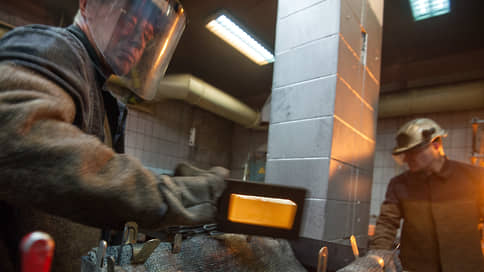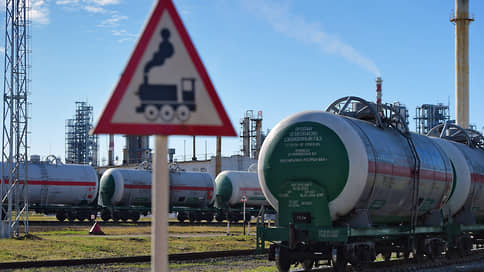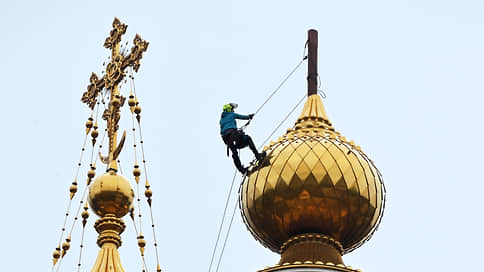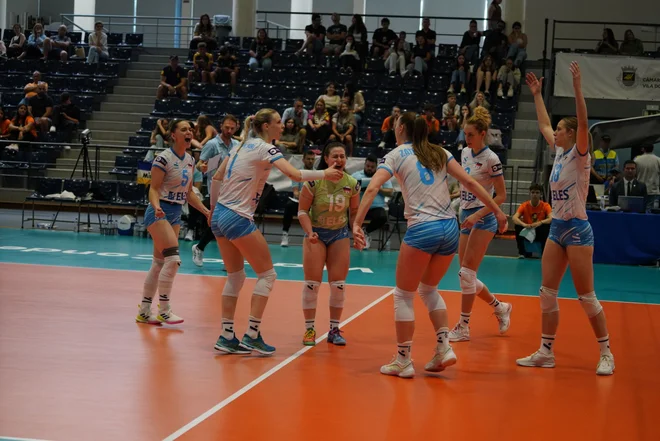The Ministry of Finance proposed to tighten the requirements for affinable plants

Against the background of a shortage of raw materials, the number of affinage capacities in Russia can be reduced three times, the participants in the industry calculated. According to preliminary estimates, the four largest companies will continue to work. The consolidation of the industry will also be facilitated by the new rules for obtaining a license for the affinage of precious metals, several times increasing the necessary volumes of processing. At the same time, participants in the market evaluate the problem of capacities surplus in the shortage of raw materials as permanent.
The approval in the current form of a bill changing the requirements for affinable plants can lead to a sharp reduction in the number of players in this market. The document was published at the beginning of the month by the Ministry of Finance, which regulates the turnover of precious metals in the country, and may enter into force on September 1. As follows from the text, the company can claim a license for affinage precious metals only if in three years it processes at least 50 tons of raw materials and makes from it at least 9 tons of gold or at least 20 tons of the total volume of platinum and metals of a platinum group (Palladium, Iridia, Rodium, Ruthenius and Osmium).
Deviation from the specified volume of production within 5%is allowed. Now, in order to obtain the appropriate license, capacities are required to produce 3 tons of gold, 10 tons of silver and (or) 500 kilograms of platinum or metals of the platinum group per year.
As the interlocutors of Kommersant in this market calculated, if now 12 Russian enterprises have a license for the affinage of precious metals, then only the four largest plants will retain the right to work after tightening control over the processing.
According to several Kommersant’s interlocutors, the cause of legislative changes was a shortage of raw materials for affinage in the market: companies that extract precious metals prefer to produce a concentrate and either carry out the subsequent affinion on their own, or sell a concentrate in more marginal Asian markets, especially taking into account the record prices for gold (April 22 on LME, the cost of this precious exceeded $ 3.5 thousand per troika ounce).
To solve this problem, a ban on the export of scrap of precious metals, valid until May 31, was established. According to Kommersant in the Ministry of Industry and Trade, it will be extended for another six months.
In addition, the population has more than 900 tons of gold, this is more than enough to load the affinage in the Russian Federation (See “Kommersant” from January 13), recalls the founder of the buying company from precious metals and stones Goldex Dmitry Plushchevsky.
However, affinating enterprises note that the ban on export of precious precious metals will not help solve problems with excess capacity. Moreover, the volumes of a scamboat as a whole are reduced, and the content of precious metals falls in it (See “Kommersant” from March 3). According to Krastztetmet, which accounts for about 40% of the affinage market, the total loading of affinable capacities in Russia does not exceed 45%, and in the near future this indicator will not improve significantly. Even more pessimistic data from the Sacha Corporation (federal scrap and waste operator): the load is about 20-30% of the production capacity. The secondary market for precious metals obtained from scrap and waste does not exceed about 15–20% of the total extraction of precious metals, the expert on the organization of precious metals of Sacha corporation Andrei Belov emphasizes.
Lom export, including precious metals, oversees the Ministry of Industry and Trade. The need for the ban there was explained by “Kommersant” “the strategic importance of precious metals for a wide range of industries.” In general, regulators systematically tighten the regulation in terms of gold mining. Recently, exploration rules were tightened – this was explained by the need to limit the illegal fishing of gold under the guise of exploration. Most of these initiatives of the industry and gold processing are evaluated critically (See “Kommersant” from March 20).
According to Kommersant’s interlocutors, to the greatest extent the new bill solves the problems of Krastztmeta, which, as the largest enterprise, can more acutely feel the deficiency of raw materials.
His company recognizes. “The situation with a deficit could improve the import of raw materials for affinage from foreign countries-for the subsequent processing and manufacture of products from precious metals,” according to Krasnetmeta. “The world leaders of the affinage actively import raw materials from other countries, but in Russia this direction develops slowly due to the features of regulation.” And the measure to ban scrap exports there is considered appropriate. The Ministry of Finance is confident that « gold volumes at enterprises allow for the needs of the domestic market, this applies to both the sale of investment gold and jewelry. »
“The main consumers of precious metals in an affinated form (standard and measured ingots) are banks that are lending to enterprises involved in their prey,” says Andrey Belov. “Affinance factories should not only be focused on the production of affected precious metals, but also increase production capacities based on their technical products.” The Russian affinage industry and the abolition of sanctions prohibitions on the export of precious metals would help, experts surveyed by Kommersant are solidarity.








